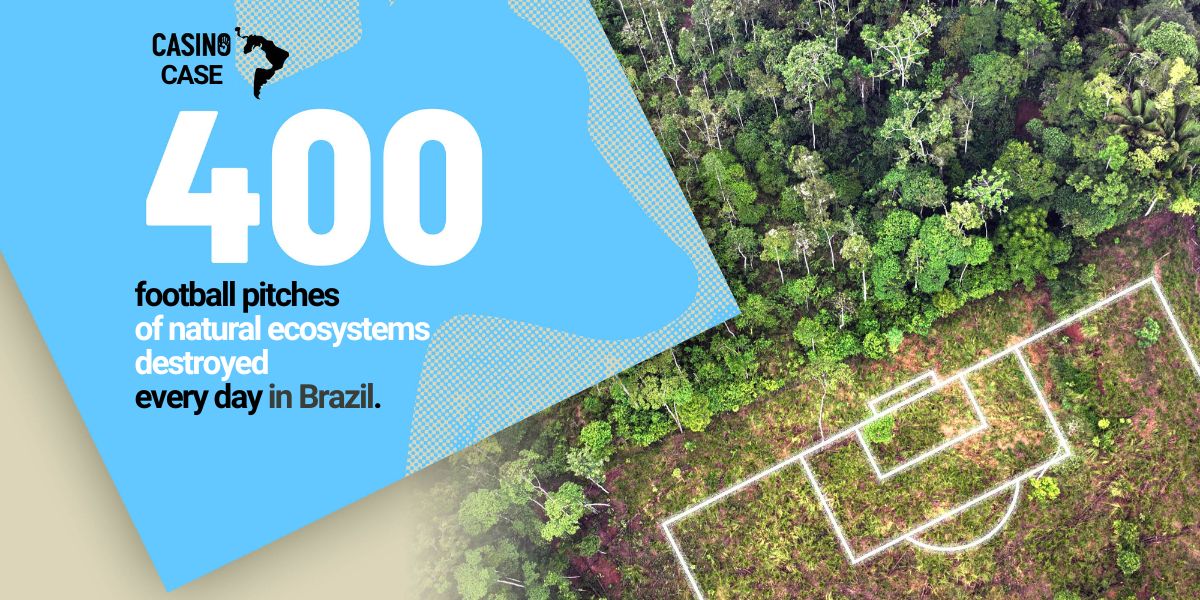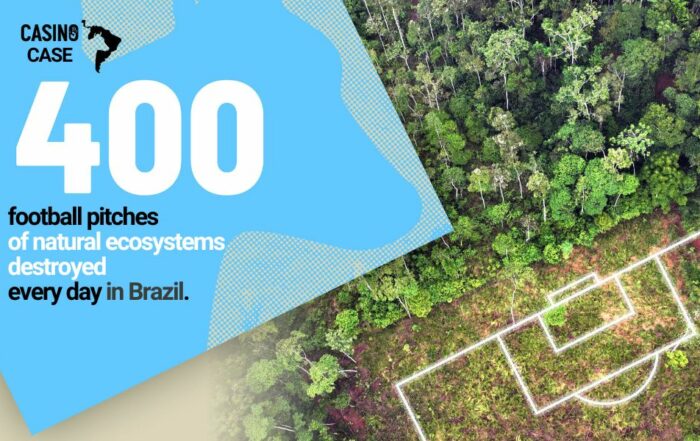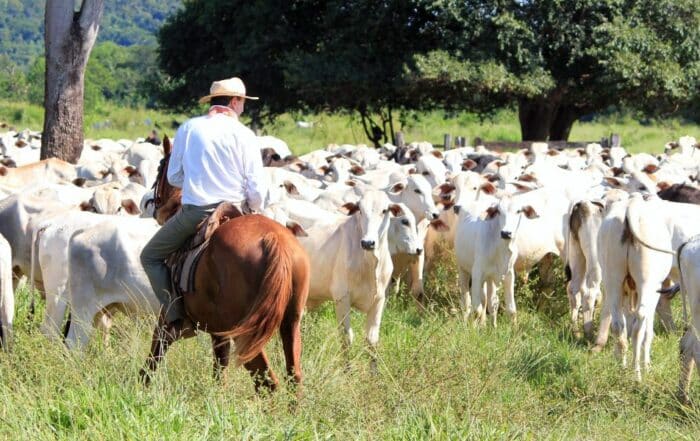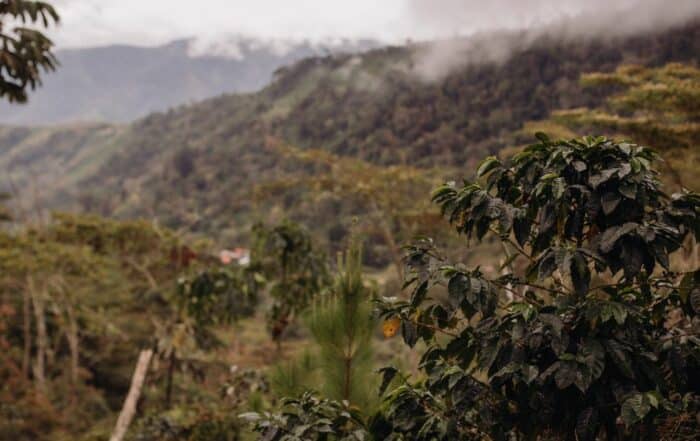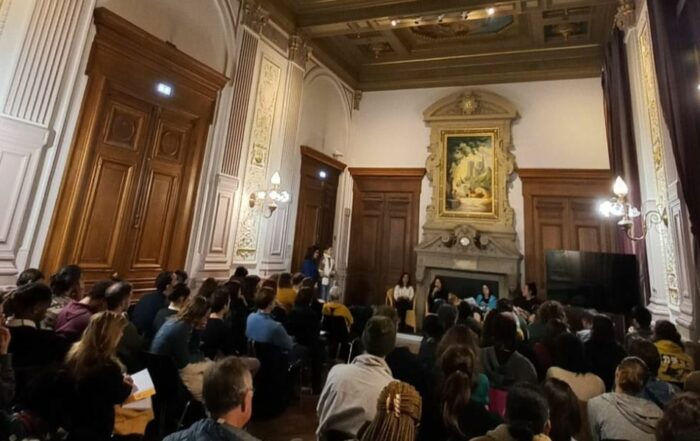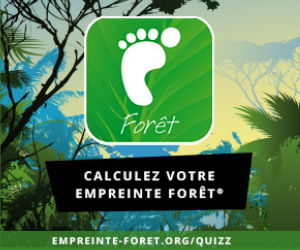After years of procedural deadlock, discussions on the merits of the case against retail giant Casino can finally get underway. This is excellent news for the coalition, which will now be able to focus on the main issues of the case: respect for human rights and the fight against deforestation.
On this occasion, the Institute Centro de Vida (ICV) unveils the results of a new study, the first to estimate the extent of deforestation linked to the Casino Group in Brazil between 2018 and 2023. During these six years, up to 526,459 hectares of ecosystems would have been destroyed in connection with the beef sold by the French group.
Founded in 1991, the Institute Centro de Vida (ICV) is a Brazilian civil society organization with extensive experience in studying the socio-environmental impacts of beef and soy supply chains. Drawing on their solid technical expertise, ICV was keen to support the work of the 11 coalition organizations by estimating the surface area of deforestation linked to the quantity of beef sold by the Casino group in Brazil. This meticulous work is all the more essential as information on retailers’ beef sourcing is often insufficient and lacking in transparency.
For the first time, thanks to this new report, we have a total estimate of the area of natural ecosystems destroyed in connection with the Casino Group’s activities in Brazil between 2018 and 2023. In its report, the ICV estimates that up to 526,459 hectares of natural ecosystems have been lost over this period as a result of the volumes of beef sold by the group.
This period of analysis covers the six years during which the Casino Group was obliged to comply with the duty of vigilance law concerning the activities of its subsidiaries Grupo Pão de Açúcar (GPA) and Assaí. This study is a key element for the coalition, enabling it to assess the extent of Casino’s impact and the amount of reparations requested by the Brazilian and Colombian organizations.
To carry out this study, ICV relied on the analysis of methodologies previously used to estimate the responsibility of retailers for deforestation. Among these methodologies is the one published by Envol Vert in 2020 in its report Casino, (éco)responsable de la déforestation, which served as the basis for our lawsuit. This new work confirms the orders of magnitude that had already been estimated.
This methodology is said to be conservative, since deforestation is only taken into account from one year to the next, with no cumulative effect. Thus, other methodological choices could have resulted in much higher estimates.
To perfect its work, ICV also presented its calculation methodology to a group of six experts. Selected for their experience in sustainability and traceability within beef supply chains, their recommendations helped refine the proposed calculation method.
This assessment work by civil society is necessary in view of the lack of transparency from economic actors in the beef industry. Given that deforestation is a systemic problem based on complex supply chains(read our study published with University of Wisconsin-Madison “Analysis of trends and performance in the beef cattle chain“) we believe that it is the responsibility of the major economic players, including retailers and the Casino Group, to take the necessary steps to curb it. That’s why we feel it’s essential to carry out a global analysis of Groupe Casino’s deforestation footprint, in relation to the volumes of beef sold in its stores.
Estimates of the destruction of ecosystems – forests, savannahs and other types of vegetation – resulting from Casino Group beef supplies between 2018 and 2023 are summarized in the table below. It distinguishes these destructions according to different biomes, and is available on page 27 of the report produced by the Institute Centro de Vida.
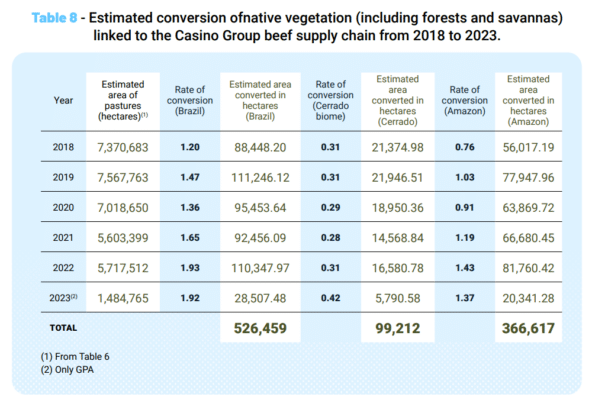
After years of procedural deadlock, discussions on the merits of the case against retail giant Casino can finally get underway. This is excellent news for the coalition, which will now be able to focus on the main issues of the case: respect for human rights and the fight against deforestation.
On this occasion, the Institute Centro de Vida (ICV) unveils the results of a new study, the first to estimate the extent of deforestation linked to the Casino Group in Brazil between 2018 and 2023. During these six years, up to 526,459 hectares of ecosystems would have been destroyed in connection with the beef sold by the French group.
Founded in 1991, the Institute Centro de Vida (ICV) is a Brazilian civil society organization with extensive experience in studying the socio-environmental impacts of beef and soy supply chains. Drawing on their solid technical expertise, ICV was keen to support the work of the 11 coalition organizations by estimating the surface area of deforestation linked to the quantity of beef sold by the Casino group in Brazil. This meticulous work is all the more essential as information on retailers’ beef sourcing is often insufficient and lacking in transparency.
For the first time, thanks to this new report, we have a total estimate of the area of natural ecosystems destroyed in connection with the Casino Group’s activities in Brazil between 2018 and 2023. In its report, the ICV estimates that up to 526,459 hectares of natural ecosystems have been lost over this period as a result of the volumes of beef sold by the group.
This period of analysis covers the six years during which the Casino Group was obliged to comply with the duty of vigilance law concerning the activities of its subsidiaries Grupo Pão de Açúcar (GPA) and Assaí. This study is a key element for the coalition, enabling it to assess the extent of Casino’s impact and the amount of reparations requested by the Brazilian and Colombian organizations.
To carry out this study, ICV relied on the analysis of methodologies previously used to estimate the responsibility of retailers for deforestation. Among these methodologies is the one published by Envol Vert in 2020 in its report Casino, (éco)responsable de la déforestation, which served as the basis for our lawsuit. This new work confirms the orders of magnitude that had already been estimated.
This methodology is said to be conservative, since deforestation is only taken into account from one year to the next, with no cumulative effect. Thus, other methodological choices could have resulted in much higher estimates.
To perfect its work, ICV also presented its calculation methodology to a group of six experts. Selected for their experience in sustainability and traceability within beef supply chains, their recommendations helped refine the proposed calculation method.
This assessment work by civil society is necessary in view of the lack of transparency from economic actors in the beef industry. Given that deforestation is a systemic problem based on complex supply chains(read our study published with University of Wisconsin-Madison “Analysis of trends and performance in the beef cattle chain“) we believe that it is the responsibility of the major economic players, including retailers and the Casino Group, to take the necessary steps to curb it. That’s why we feel it’s essential to carry out a global analysis of Groupe Casino’s deforestation footprint, in relation to the volumes of beef sold in its stores.
Estimates of the destruction of ecosystems – forests, savannahs and other types of vegetation – resulting from Casino Group beef supplies between 2018 and 2023 are summarized in the table below. It distinguishes these destructions according to different biomes, and is available on page 27 of the report produced by the Institute Centro de Vida.


